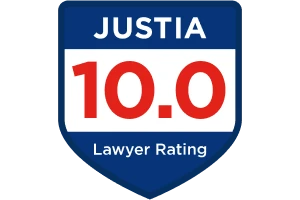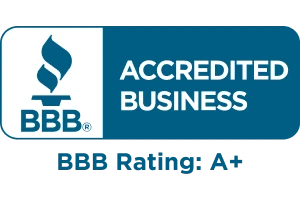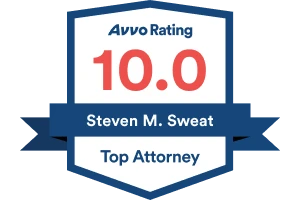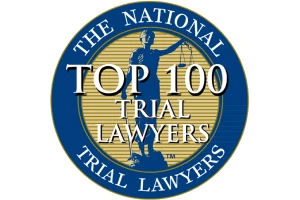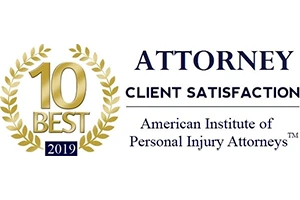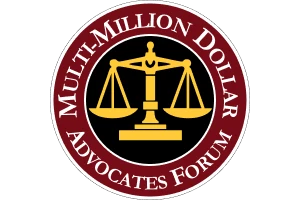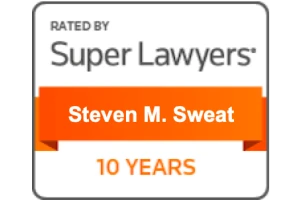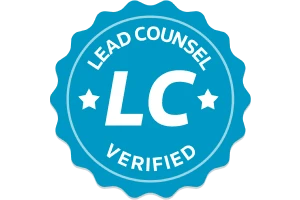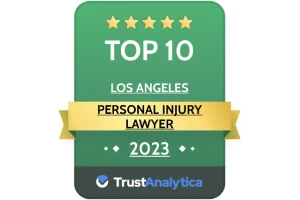for Over 25 Years
Can a Car Accident Lawyer Help With Claim Adjusters?
Car accidents in Los Angeles are very common, and they can range from minor fender benders to catastrophic accidents that leave people suffering from lifelong injuries. After an accident that was caused by another driver, there are several things that are important to do both at the scene and afterward. Part of the process will involve negotiating with an insurance adjuster who works for the at-fault driver’s insurance company. There are several things that you should keep in mind when you are dealing with an insurance adjuster. If you suffered injuries in your accident, getting help from a car accident lawyer to deal with your claim and the adjuster may help you to recover a higher settlement amount and to make the process go more smoothly.
Steps to Take After an Accident
In the aftermath of a motor vehicle accident, people who were involved may experience a surge of adrenaline and be uncertain about what to do. The steps that you take immediately following your accident can help you later when you are negotiating with the insurance adjuster for your insurance claim. It might be helpful for you to keep a small checklist in your glove box of the steps to take after an accident so that you do not forget them.
The first thing that you should remember is that you should never leave the scene of an accident before help arrives. If you leave the scene of an accident without exchanging information or contacting law enforcement, you could face criminal charges.
Check yourself and others for injuries. If someone else is injured, give the person first aid until help arrives. Call the local law enforcement agency to report the accident, and wait for them.
Exchange your information with the other driver. Ask to see the driver’s license, insurance card, and registration. You can either write down the information on each or take photographs of the documents with your smartphone. It is a good idea to ask the driver if the address on his or her license is correct. Make certain to check the name and address of the person on the registration to see if the person is listed as someone else.
Take photographs of your vehicle and the other vehicle. You should also take pictures of their relative positions, any skid marks, the damage to the vehicles, the weather, the road conditions, and any nearby intersections, traffic control devices, speed limit signs, or other relevant things that help to show what happened. If you can’t take the pictures, try to ask someone else to take them for you with your smartphone.
Tell the responding officers what happened, but do not apologize or accept blame. You should also not say that you were not injured. Some types of injuries do not show symptoms for multiple hours or days after an accident. When the officer asks you if you were injured, you should simply tell him or her that you want to see your doctor for an examination. You should seek medical attention as soon as possible after your accident. This helps to show the link between any injuries that you might have suffered and the accident.
Notifying the Insurance Company
You will need to notify the insurance company of the other driver after the accident of your intent to file a claim. An insurance adjuster will then contact you within a short period of time. It is important for you to understand how to talk to an adjuster and the things that you should and should not do.
Understanding Insurance Adjusters and What You Should not Do
The first thing that you should remember is that the insurance adjuster who contacts you works for the other driver’s insurance company. The adjuster’s loyalty is to his or her employer first rather than to you, and a part of the adjuster’s job is to keep the amount that the insurance company may be forced to pay you as minimal as possible.
In order to accomplish this goal, the adjuster may use several tactics to try to either get you to accept an offer that is too low or to help the insurance company to deny the liability of its insured. As we have previously detailed, insurance companies may use any number of arguments to dispute your claim. However, an insurance adjuster will not always employ these types of tactics especially if you only suffered property damage or injuries that were very minor.





